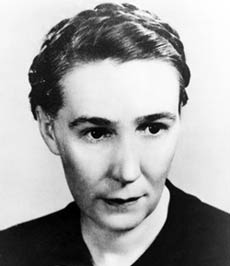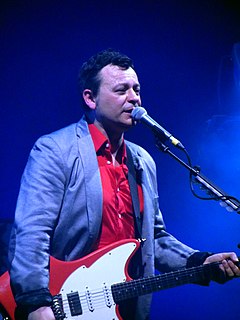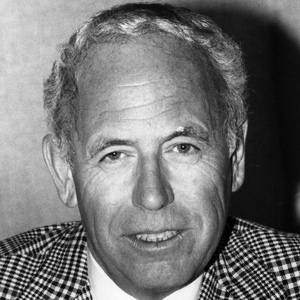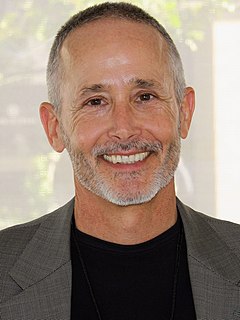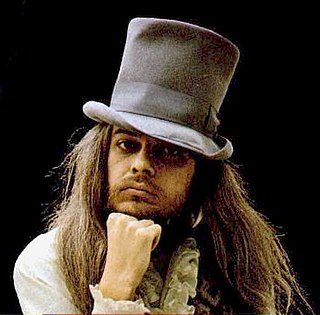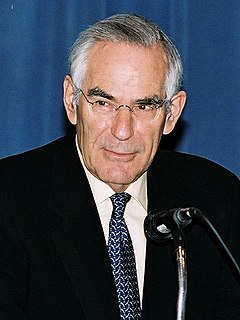A Quote by Caroline Gordon
As a rule, one must write a great many words before one learns to write well.
Related Quotes
I set myself a rule before I actually write a tune to the lyrics, and the rule is that I've got to take the lyrics on to a level of understanding before I can actually write music to them. What I'm doing is interpretation. If I don't write the lyrics, therefore I must interpret them to the best of my ability. So my rule is that I must understand it, but I don't necessarily have to accept.
The writer learns to write, in the last resort, only by writing. He must get words onto paper even if he is dissatisfied with them. A young writer must cross many psychological barriers to acquire confidence in his capacity to produce good work-especially his first full-length book-and he cannot do this by staring at a piece of blank paper, searching for the perfect sentence.
The main rule of writing is that if you do it with enough assurance and confidence, you’re allowed to do whatever you like. (That may be a rule for life as well as for writing. But it’s definitely true for writing.) So write your story as it needs to be written. Write it honestly, and tell it as best you can. I’m not sure that there are any other rules. Not ones that matter.
I set myself 600 words a day as a minimum output, regardless of the weather, my state of mind or if I'm sick or well. There must be 600 finished words — not almost right words. Before you ask, I'll tell you that yes, I do write 600 at the top of my pad every day, and I keep track of the word count to insure I reach my quota daily — without fail.
Not write what you know, but know what you write. If you write about a world before, after, or other than this one, enter that world completely. Search it to find your deepest longings and most terrible fears. Let imagination carry you as far as it may, as long as you recount the voyage with excitement and wonder. But this is the most important rule: write the book you most long to read.
